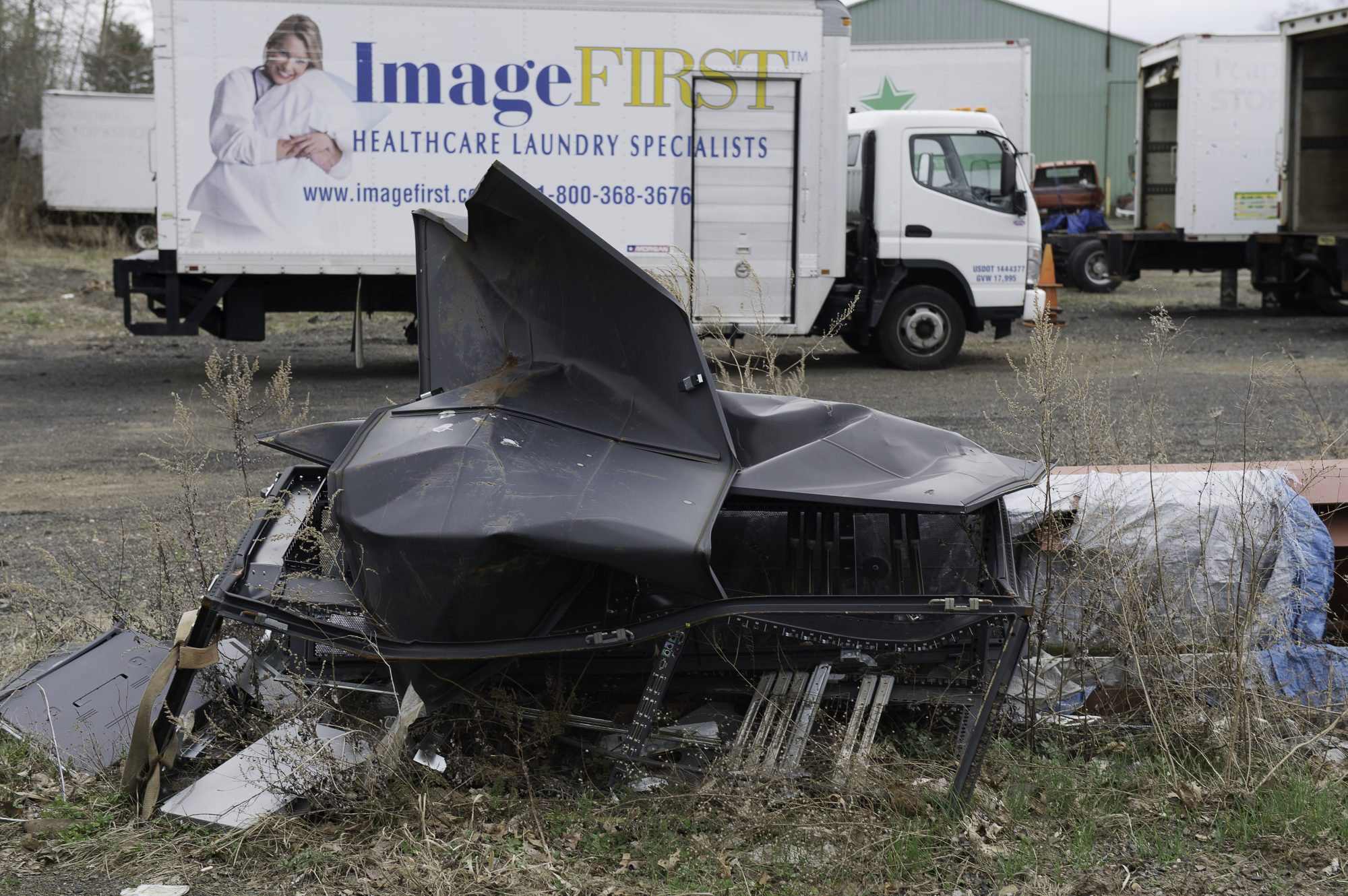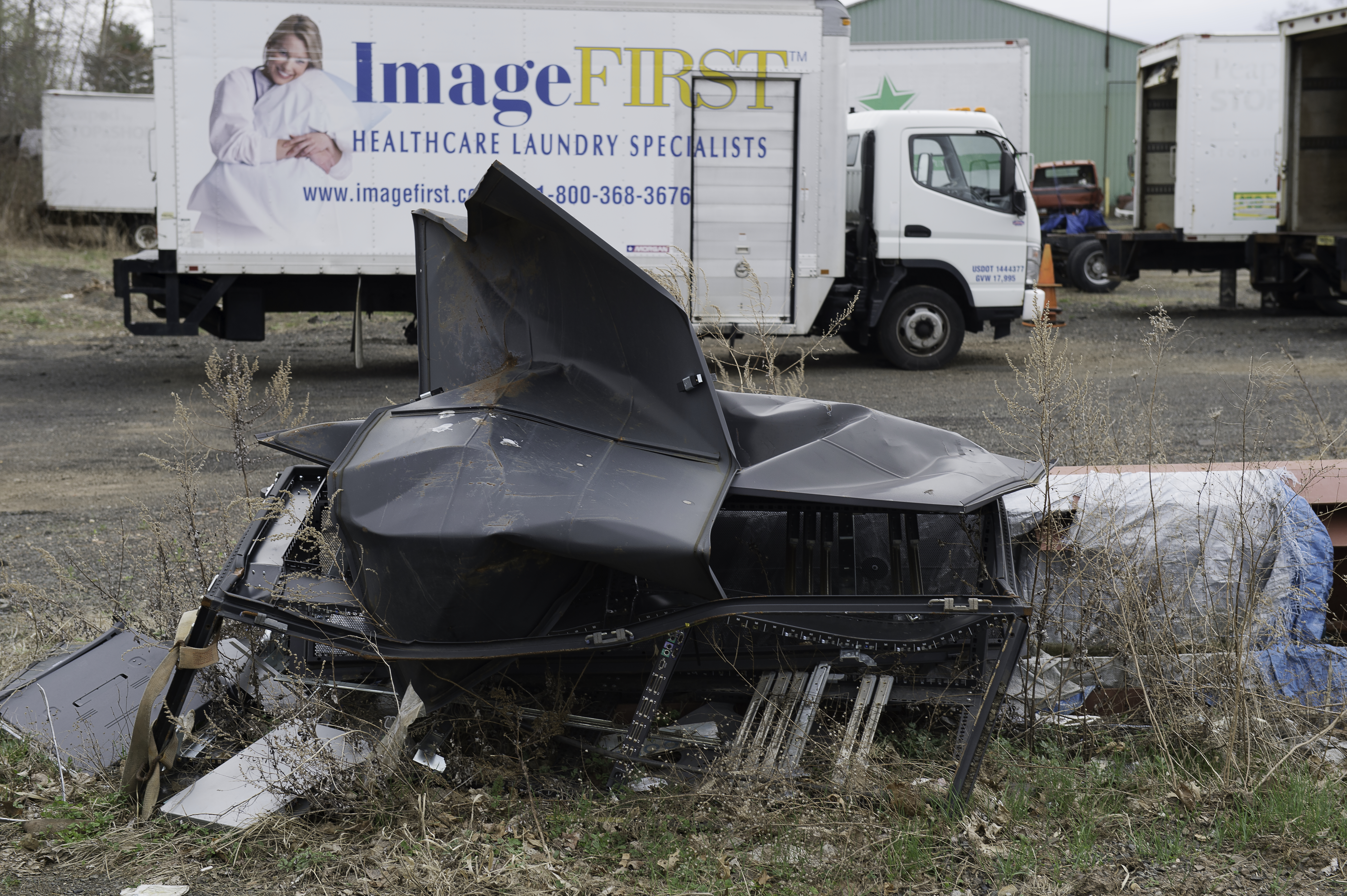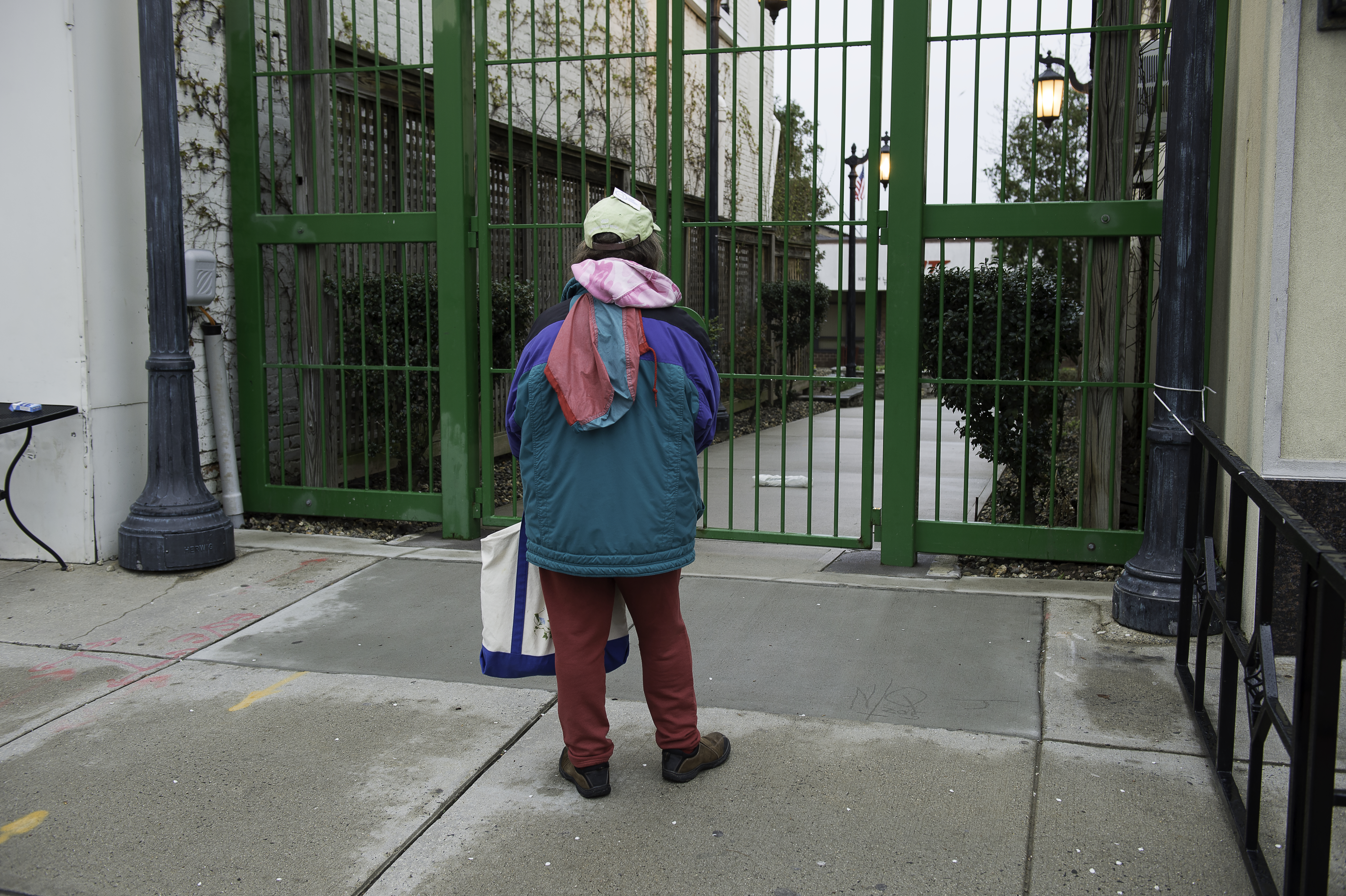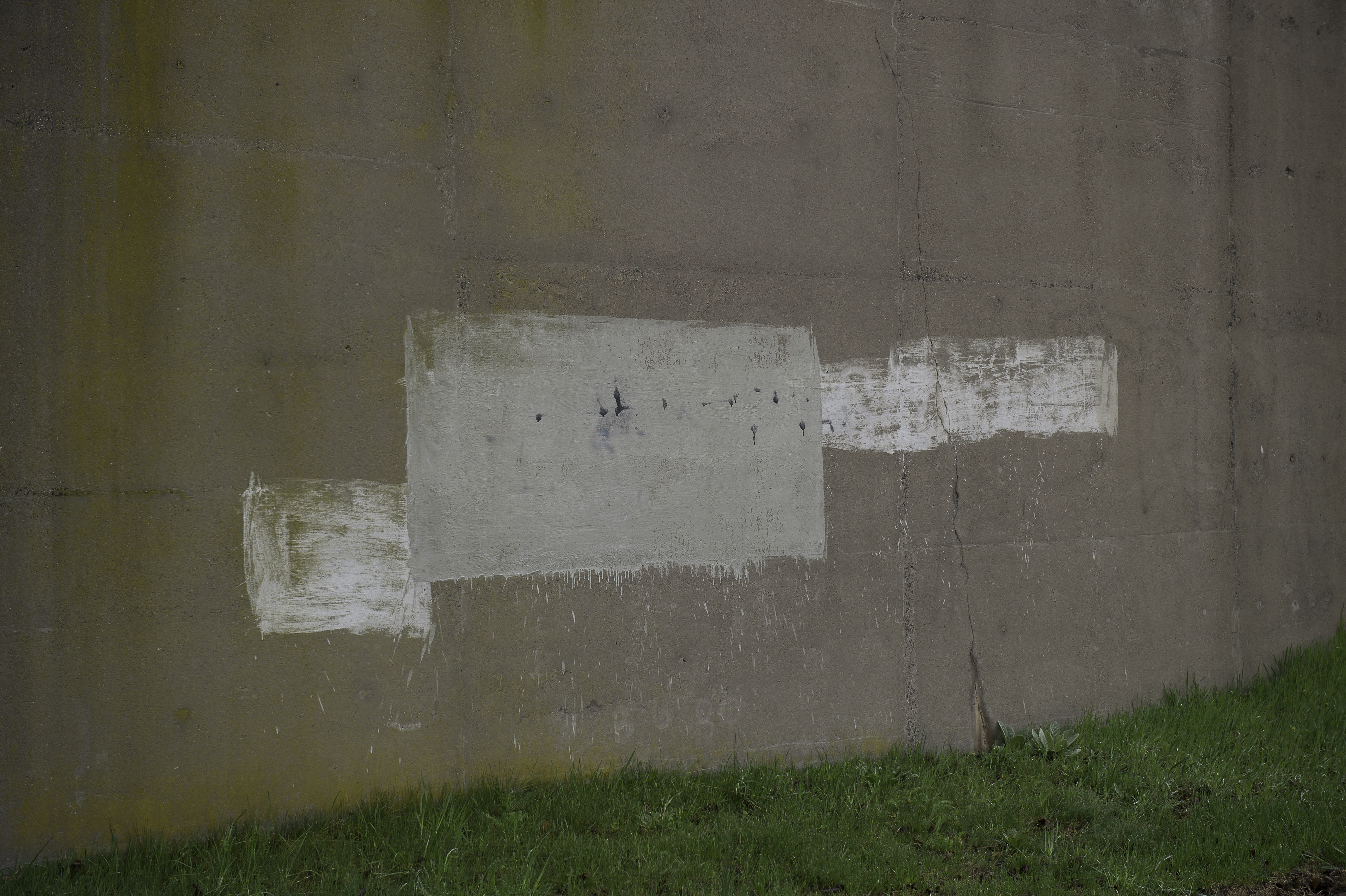
Hey, you know that guy you vaguely knew at the beginning of last summer? He’s trying to kill you now. Migrants, anarchists, tourists, police, mafias; beefs, boredom, business. What the fuck happened to this place. (no question mark). As I arrived again this summer in what had already become a romanticized haven, I discovered nothing was happening. That’s ok, it’s the end of the summer, I’ve been told. I go to the plateia and notice a distinctive lack of any women, or even hippies for that matter, all I hear is, “mavro, mavro, thelis mavro” (black, black, you want black). Black means weed, because darkness represents everything underground, not let into the market or proper channels, even in Greece. The plateia used to be the place of joyous friction, where everyone would gather, drink, share their stories, escape from riots, etc. Now it is a marketplace and nothing else. I left feeling naseaus and nervous.
I went to Strefi hill to take a good look at the city, as I reached the top of the stairs I was stopped by 20 MAT. I pulled out my friendly American tourist card and after a minute of questions I was allowed to walk into the park. They even took Strefi, once the home of the autonomous parties which lasted until 8 in the morning, where people would run after the big bachala, where attacks were occasionally launched against the mayors house, where the homeless slept and the Georgians had barbeques. Well the Georgians are still there. My collective is small and fracturing under our lightness and our rigorousness. We have no comrades left, no comrades have comrades left, now we just have our squats which we guard. Pride makes too much out of people and leaves them stupid, unwilling to correct themselves, or even do what’s best for them. Self-interest here would be a blessing from the sky, but to act on it requires initiative and bravery, that magical combination which seemed to flow endlessly from the bachalians and anarchists which now seems to have disappeared, like a puddle of piss on the side of the road leaving nothing but its ghostly smell.
If people don’t know how to argue they just won’t. They can swim like a drowning man. So, no one talks to us anymore, or responds to any of our critiques.
I watched a couple troubles, and had trouble with them, they all seem to lean heavily on identity as the main motivator for change, and history and ‘roots’ as things to be preserved, and as a combat to capitalism. I don’t really relate, maybe because I’m a white jew, I have roots, but not ones that I feel I relate to or which have much good in them, and the good I get from them I can just make myself anyways. There is an anarchist identity, but asking people to operate based on it beyond going to a rad concert is ridiculous. This is not the world we live in. We have a struggle born out of necessity, and our means aim to make this necessity non-existent, nothing more.
The dark mist that perpetuates wandering filled me with energy, waking me from the stupor of everyday worries, towards the life worries and the lives passing in every moment just beyond my touch. Beyond my touch still bothers me in that existential way, why is it so hard for me to catch a touch. A woman grabbed my arm and held me tightly and it felt nice, I was surprised by the warmth of her body and the eye contact she graced me. She gave me questions and compliments, and I understood a flirtation. It thawed the ice of my walls, the kind that the sun is supposed to bring to every day, but that just illuminates the next task on the ever growing agenda and list of people to kill. What new hatred will today bring me, and which day will my boot finally meet a head that deserves. Yet today I was sure that I was going to be attacked, and suddenly nervousness filled me, but I still reached for the iron bar which lay on the ground and eyed the man who threatened me who turned out to be just looking for a place to piss. This is the way my life will change. In a moment of fear where the decisions are all made for me, even the ones my body makes, and I drift into action like a drop down a leaf sinking forever into the ground losing all form and nurturing the foundations in an insignificant way.
If the bombs started to rain down on American soil and we all had to ditch our homes, cars, fridges, and book it like hell south of the border what would the migrant squats in Mexico City look like? If the Mexican anarchists established self-organized spaces for the generic American populace. Fascists, liberals, cowboys, hipsters, crammed into the squats, could we expect them to reform, to take an interest in liberatory projects or change their desires? Would we see anti-abortion marches protected by civil society liberals under the banner of anti-xenophobic violence.
Anarchists must hold onto our political theories and models of organizing. We don’t compromise them in the hopes of moving people into our theories. Firstly, because people don’t have to “believe” in anarchism for it to function. Secondly because our goal is not to move people ‘left’, our goal is to promote self-organization and the destruction of capital. Thirdly because the oppressed subject is not a holy heifer to whom we must constantly bow our heads, as if its circumstances give it an enlightenment. An oppressed refugee worker who is a rapist isn’t an ally we should make and compromise our commitment to ending patriarchal domination. Our goal is not to build the organizations which will supersede this society, it is to influence the character of the movements which will, when the circumstances make the questions we have been asking for so long move through the streets like electricity.
Can I continue to respect people who have never had to give up something? Who haven’t made a choice over which life they would live? Could you kill for something? Have you laid awake at night with this thought racing around your memories and feel yourself journeying towards space the endless space of the morning which comes somehow through the darkness of the bedroom? When I walk home tonight will I hear a shout and turn around to see a knife breaking the night as it slices into my back and a pair of eyes watches me as I fall onto the dirty piss stained concrete? I can’t die like this, I can’t tell my mom that I got killed by being stabbed by a weed dealer who didn’t like being kicked out of his squat. If I’m going to die let it be glorious, or at least not embarrassing.
Can you beat a man? Break his knees in backwards and let him scream as the sirens come, leaving him to his fate of a jail cell and a wheelchair? Can you stay up all night over and over again with people you hate to keep a home safe for people who don’t give a shit about their future and use your goodwill to keep things in the stasis of a false peace? Can you watch as your friends betray you over and over again and you return to an empty room? Can you stay friends with people who watch you with apathetic eyes as everything you both supposedly care about dies a slow and painful death?
Sociality has felt like a prison more and more, as if I have returned to my 13-year-old depressed self. Every experience too far away, every person a scared automaton, whose beautiful touches seem to exist in a world that starts when I walk out the door. Where desires are only as real as they can be felt. Dear god, I don’t want to think of myself again as the only one who feels or is looking for someone: chasing a feeling I never had, an idea which couldn’t exist, and that glimmer that escapes everyday life. Riots have none of this anymore. All they bring is a calmness, of knowing your enemy in front of you, of knowing your actions, of trusting your bodily reactions, and of dancing in glee at our sense of self-importance: we are a problem (shouted gleefully)!
All I can do now is talk in a detached way with people, or stay silent. Go to the top of hills and stare while I drift into sleep. I cook food and eat it. I go to meetings where I understand things as much as I can as they slap me in the face or crawl behind my sleeping lids. I get pizza in the square because I’m bored, and stare at all the dealers who are stuck here, peddling their shit to hippies and wasting away, maybe the excitement of a stabbing can wake them from their stupor and dejected detachment from their own lives. Another beer in front of the beer shop, another wasted song coming out of a junkie’s breath, you can hear his personality escaping his body and the awareness of losing oneself in every missed note. The cats outside of the corner store are fed, the beers cost 1.40, and if you pass at 2 you will see the MAT waiting to be hit. Every day feels like another life I have lived but they all have the features of a land without passion a life watched from the window. Our bodies are cages, I need sex so I can reach my arm between the bars.



